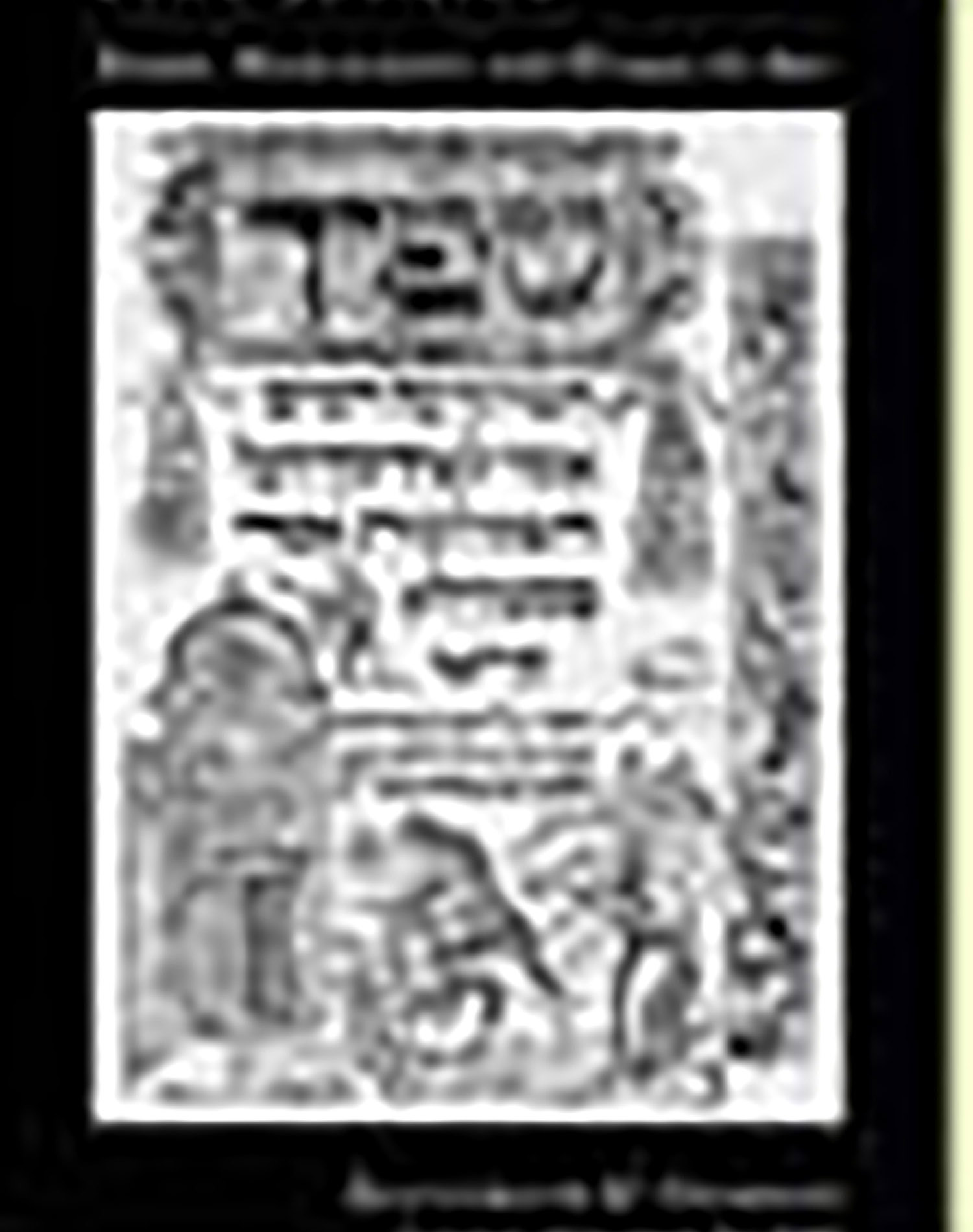Viku’ach Shivah Harim-Dialogo dos Montes

AUCTION 6 |
Tuesday, November 17th,
1998 at 1:00
Fine Judaica: Books, Manuscripts and Works of Art The Property of Various Owners
Lot 145
JESSURUN, REHUEL
Viku’ach Shivah Harim-Dialogo dos Montes
Amsterdam: G.J. Janson for I. Mondovy 1767
Est: $3,000 - $5,000
PRICE REALIZED $9,000
The author was born Paulo de Pina in 1575 of a New Christian family in Lisbon. In 1599 he left for Rome to become a monk, en route he was persuaded by the famous physician Elijah Montalto to adopt the faith of his ancestors. After spending three years in Brazil he took a new name and settled in Amsterdam where he became a prominent member of the founding Synagogue of Amsterdam, Beth Jahacob, helping to create the institutions of the Amsterdam community
In honor of the Amsterdam synagogue, Jessurun composed this remarkable drama performed on the Festival of Shevu’oth 1624. It consists of a series of dialogues between the principle mountains of the Holy Land in praise of Judaism. A reworking of the Midrashic allegory of the mountains vying among themselves to receive Moses ascent heavenward for the Law of God. “Jessurun gave literary expression to the epic of Portuguese Jewry...[he] succeeded in producing a specifically Jewish work in the Portuguese language, for which the only precedent is Samuel Usque’s Consolaçao Tribulaçoens de Israel.”
For an English translation of the work see P. Polack in The American Sephardi (1970) vol. IV pp.48-88; and see C. Roth, History of the Marranos (1932) pp.312-6; Catalogue de Vente de la Succession de feu M.D. Henriques de Castro... Amsterdam, 1899, no. 993. (See lot ***); H.G. Enelow, Isaac Belifante-An Eighteenth Century Bibliophile in: Studies in Jewish Bibliography...in Memory of A.S. Freidus (1929) pp.5-30
